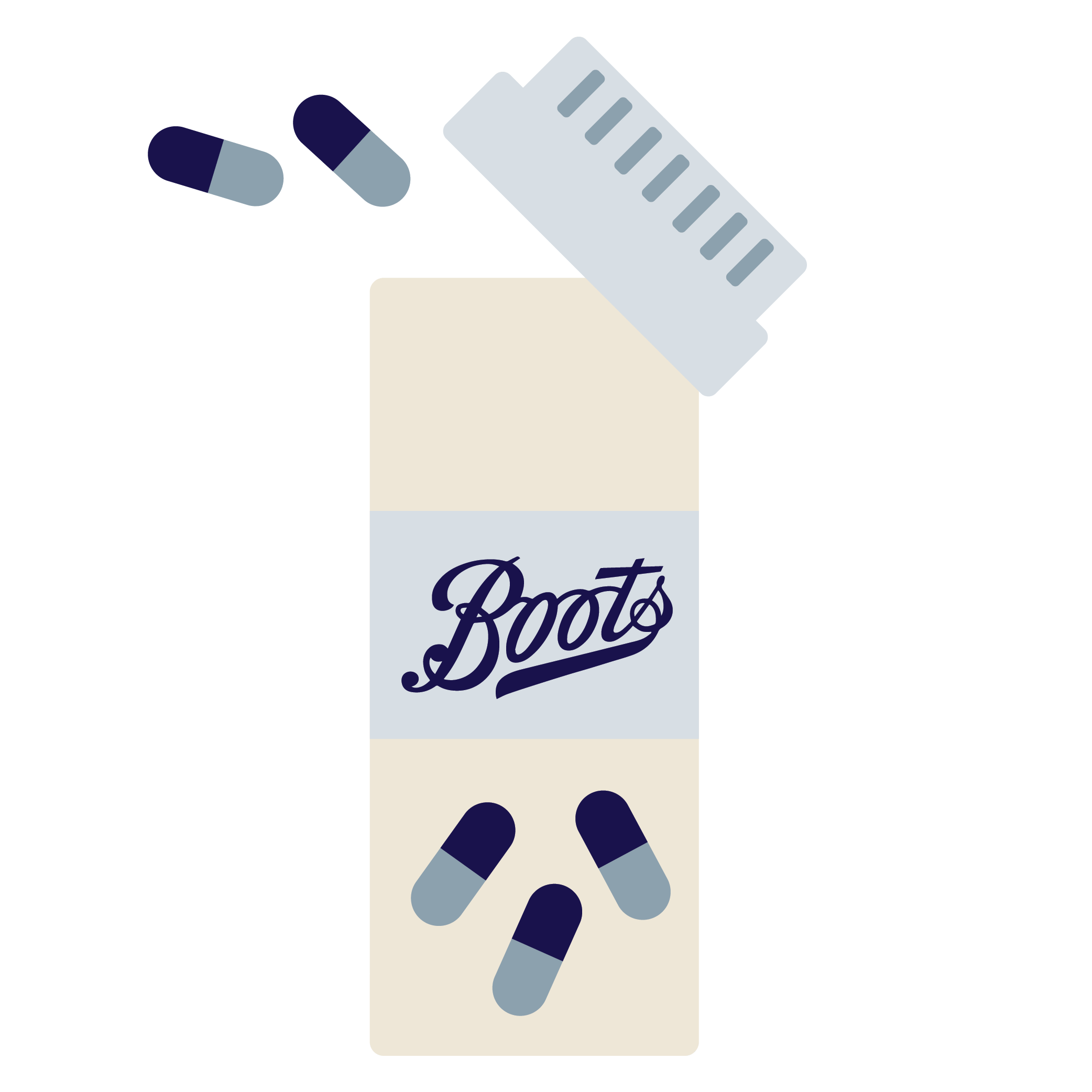
MENOPAUSE — WHAT YOU NEED TO KNOW
What is menopause?
Menopause is a natural part of a woman’s ageing process, but it can be very disruptive and interfere with daily life. The average age when women start the menopause is 51 but it can happen much earlier or later. As her ovaries produce fewer hormones, a woman will stop having periods. The symptoms of menopause are caused by the body adapting to the lower hormone levels.
What is perimenopause?
Perimenopause is the time when your body starts to transition into the menopause. It can last a few months or a few years.
Both the menopause and perimenopause have similar symptoms. During perimenopause, your periods have not stopped although they might become irregular as your hormone levels start to drop. You reach menopause when you have not had a period for 12 months.

What are the symptoms of menopause?
Not all women experience menopause symptoms to the same degree. Typical symptoms include having sudden hot flushes or night sweats, a reduced sex drive, bladder symptoms, and vaginal dryness. You might also experience problems with memory and concentration, headaches, or mood changes such as anxiety or depression. Some women also experience a decrease in muscle mass and stiff or painful joints.
Over the long term, the decrease in the body’s hormones during menopause can also cause weak or brittle bones (osteoporosis).
Want to measure or track your menopause symptoms?
What are the causes of menopause?
The main cause of menopause is the natural decrease in hormones produced by the ovaries as you get older. The ovaries are the primary source of the hormones oestrogen and progesterone. When you enter menopause, your ovaries stop producing as much of these hormones as before. This has a wide range of effects on the body and can lead to long-term problems including lower bone density which can lead to fractures.
Page last reviewed by: Dr. Anju Verma 13/10/2022

